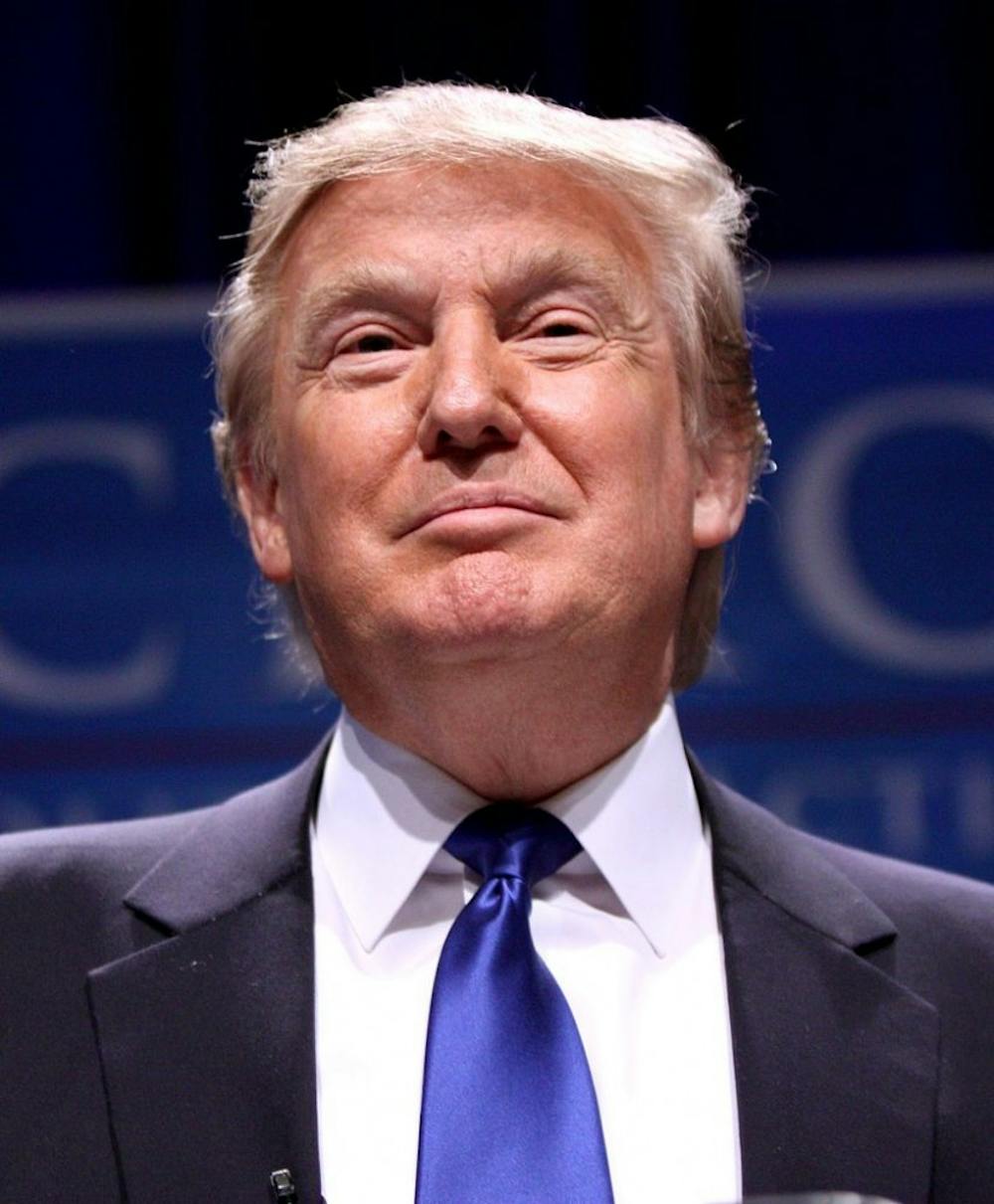Since assuming office, President Donald Trump has spent 36 days at his National Golf Club in New Jersey, 25 days at Mar-a-lago, 15 days at his National Golf Club in Virginia and taken a slew of other vacations. As can be expected, the political left is furious about these outings, for which Republicans wrongfully lambasted President Barack Obama during his terms, and even Trump’s right-wing supporters are heavily critical of him. However, Trump’s frequent recesses may be exactly what’s needed for our country and our economy to return to its small-government roots.
Since its inception, there has been a popular myth that the federal government can actually accomplish things efficiently — this is empirically false. Clogged by cumbersome bureaucracy and led by moronic politicians, national government is (for the most part) a hindrance to our efficacy and liberty. For instance, following the interference of government in the health care market in 1965, the price of health care has increased by more than 250 percent relative to the consumer price index, while the uninsured rate in our nation has decreased by less than 10 percent over that time span. Studies also show that increased federal education spending has practically zero correlation with increased student performance. Even defense spending — much of which is predicated on efficient, free market contractors — experiences hundreds of billions of dollars of waste every year.
That being said, the federal government still has a plethora of uses, such as the creation and maintenance of roads and public property, crucial antitrust and consumer protection laws and the handling of wars and disasters. But the idea that the government is nearly always less efficient in allocating resources than the private sector has a lot of truth to it, which is the basis for conservative and libertarian ideology. Our government is most effective when they are doing the bare minimum — passing as few laws and regulations as possible — and Trump’s constant vacationing is helping out, whether he intends it or not.
By being absent from his post for extended periods, and by taking a backseat in the majority of policy endeavors, Trump is massively slowing the lawmaking process, returning our nation to its roots in terms of legislation. From a numerical perspective, when looking at the number of bills passed in their first six months, Trump trails substantially behind his past six predecessors — but this isn’t necessarily a bad thing. These numbers are very reminiscent of the highly prosperous Reagan era, in which Congress passed fewer resolutions per two-year term than in any other period in recorded history.
Reaganomics, as it is commonly referred nowadays, is a style of laissez-faire supply-side economics which prioritizes decreases in government spending, decreases in taxation and the deregulation of businesses, all of which were focal points of Reagan’s administration. This strategy produced fruitful results, often referred to as the Reagan Boom, which pulled our nation out of the clutches of recession and created one of the greatest periods of economic growth in our history, with real GDP growth surpassing eight percent. While Trump might not be half the man Reagan was, his de-regulatory, laidback approach to policy making might produce similar results from an economic perspective. Already it is projected that our economic growth rate this year will surpass 2016’s number, and if this continues, we may soon achieve the ideal three percent growth rate, which has occurred under every U.S. President except Obama.
Additionally, the argument that our nation is bursting at its seams and in need of drastic change is demonstrably false. There are most definitely a plethora of issues that we must deal with — such as health care and criminal justice reform — but our economy is as strong as it has ever been. Our unemployment rate — despite being a rather poor measure of economic fertility — is at nearly record lows, and consumer confidence has also been incredibly high. Therefore, I think it might be beneficial if our government pumps the brakes a little in terms of legislation.
In fact, the benefits of Trump’s vacations are two-fold — conservatives get the minimalistic government that we desire and liberals are faced with less Republican legislation. It’s a win-win situation for both sides of the political spectrum. Despite this, there are still certainly many roles which a president cannot neglect, such as making appointments, handling foreign affairs and managing crises when needed. But a President also shouldn’t be afraid to do nothing, allowing local government and the people to figure out solutions on their own. Sometimes inaction is the best course of action.
I applaud Trump’s holiday habits, and encourage him to take many more in the future. While I’d certainly prefer to have a president with a deep understanding of conservatism and our need for limited government, having someone who’s just lazy could prove to be almost as good. Instead of relying on federal authority, we should empower state and local government with the powers entrusted to them in the 10th Amendment, allowing the will of the people to reign.
Milan Bharadwaj is a Viewpoint writer for The Cavalier Daily. He can be reached at opinion@cavalierdaily.com.







